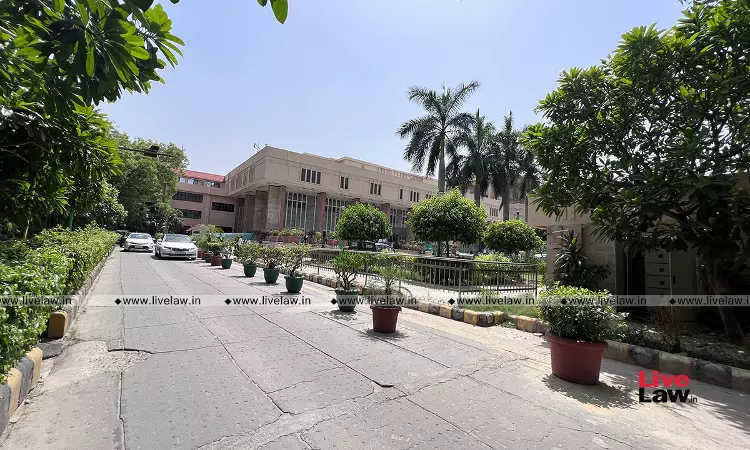Claim Of Damages, Supplementary Agreement Executed Under Duress Can’t Come In The Way : Delhi High Court
ausaf ayyub
12 Aug 2023 2:00 PM IST

Next Story
12 Aug 2023 2:00 PM IST
The High Court of Delhi has held that a supplementary agreement executed by a contractor whereby it agrees to forego of its claims cannot preclude him from claiming damages against the employer if the execution of such agreement was a pre-condition to the issuance of PCC necessary for collection of toll taxes in BOT contracts. The bench of Justice Yogesh Khanna held that a party would...
